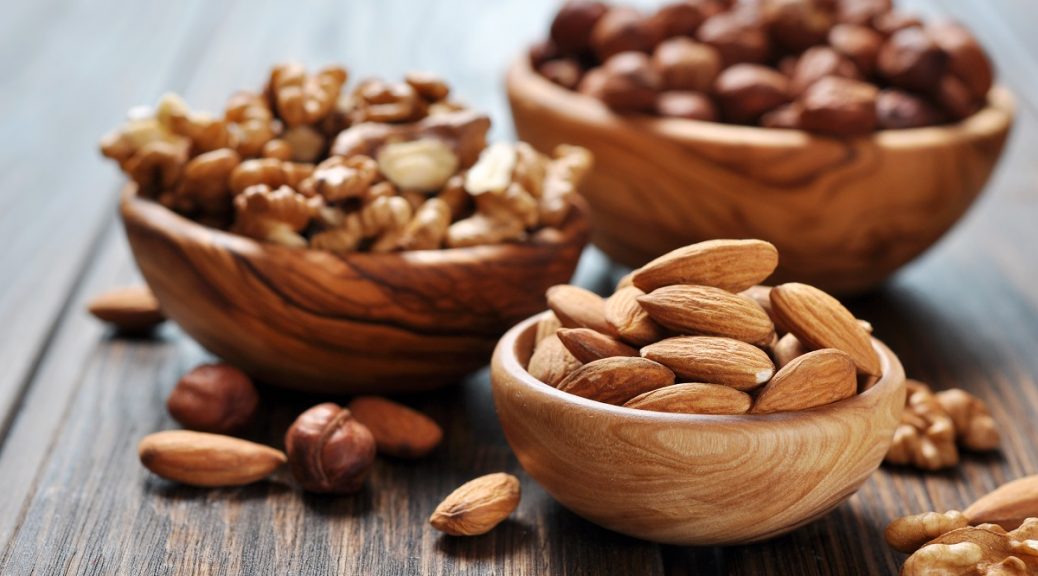
Lowering Cholesterol with Plant Sterols
By dietitian nutritionist Gretchen Vannice, head of global nutrition education for Wiley’s Finest
Most of us are familiar with cholesterol. We get cholesterol in our food and our bodies make cholesterol. In fact, our bodies make all the cholesterol we need so we don’t have to eat it, but many of us like to eat foods that contain cholesterol; it’s found in meats, dairy foods, and eggs.
We need cholesterol but not too much. Cholesterol is very important in human health. It is primarily carried through the blood stream as LDL-cholesterol (often called “bad” cholesterol) and as HDL-cholesterol (often called “good” cholesterol). We need both forms but it’s most important to have healthy levels of both. High levels of LDL-cholesterol aren’t good for your health because LDL-cholesterol can build-up plaque in your blood vessels, which restricts blood flow and circulation.
Plant sterols are proven to reduce cholesterol levels
Plant sterols come from plants. We only get plant sterols when we eat plant-based foods or take supplements. Plant sterols are sometimes called phytosterols (phyto = plant). Our bodies do not make plant sterols. Good food sources of plant sterols include wheat germ, corn oil, lentils, nuts, and sesame seeds. For dietary supplements, plant sterols can be made from seed oil (like corn or soy) or trees (such as pine trees). The most common forms of plant sterols are beta-sitosterol, campesterol, and stigmasterol.
Our ancestors who ate plant-based diets had naturally high levels of plant sterols. Today, however, Brits have much higher cholesterol levels. Not so good for our health.
The typical British diet provides around 300mg a day of plant sterols. Between 800-2,400mg of plant sterols a day can keep cholesterol levels within a healthy range.
Results from more than 60 clinical studies report:
- Getting 800-1,000mg/day of plant sterols (from diet and supplements) can reduce LDL-cholesterol by five percent.
- Consuming up to 2,000mg/day of plant sterols (from diet and supplements) can reduce LDL-cholesterol by 10-15 percent.
- Consuming plant sterols is healthful and beneficial for everyone, but the greatest reductions in LDL-cholesterol are reported in people who have higher LDL-cholesterol levels.
Plant sterols work naturally
The plant sterols and cholesterol have similar chemistry and they can substitute for each other. For example, when we consume beta-sitosterol, it replaces (or “substitutes”) cholesterol and shuttles the excess cholesterol out of our body through our bowels. It is that simple and effective, naturally.
For best results, take plant sterols with meals
Beta-sitosterol works best when consumed with meals. You can take supplements containing beta-sitosterol with any meal, but it’s ideal to take them with the largest meal of the day.
 About Gretchen Vannice
About Gretchen Vannice
Gretchen Vannice has a Master’s degree in Nutrition Science and is a registered dietitian nutritionist. She specialises in omega-3 research and natural health. She is the head of global nutrition rducation for Wiley’s Finest. Gretchen has several academic publications and has authored two books: Making Sense of Omega-3s: The Good Fats and Improving Omega-3 Nutrition, A Guide for Health Professionals.